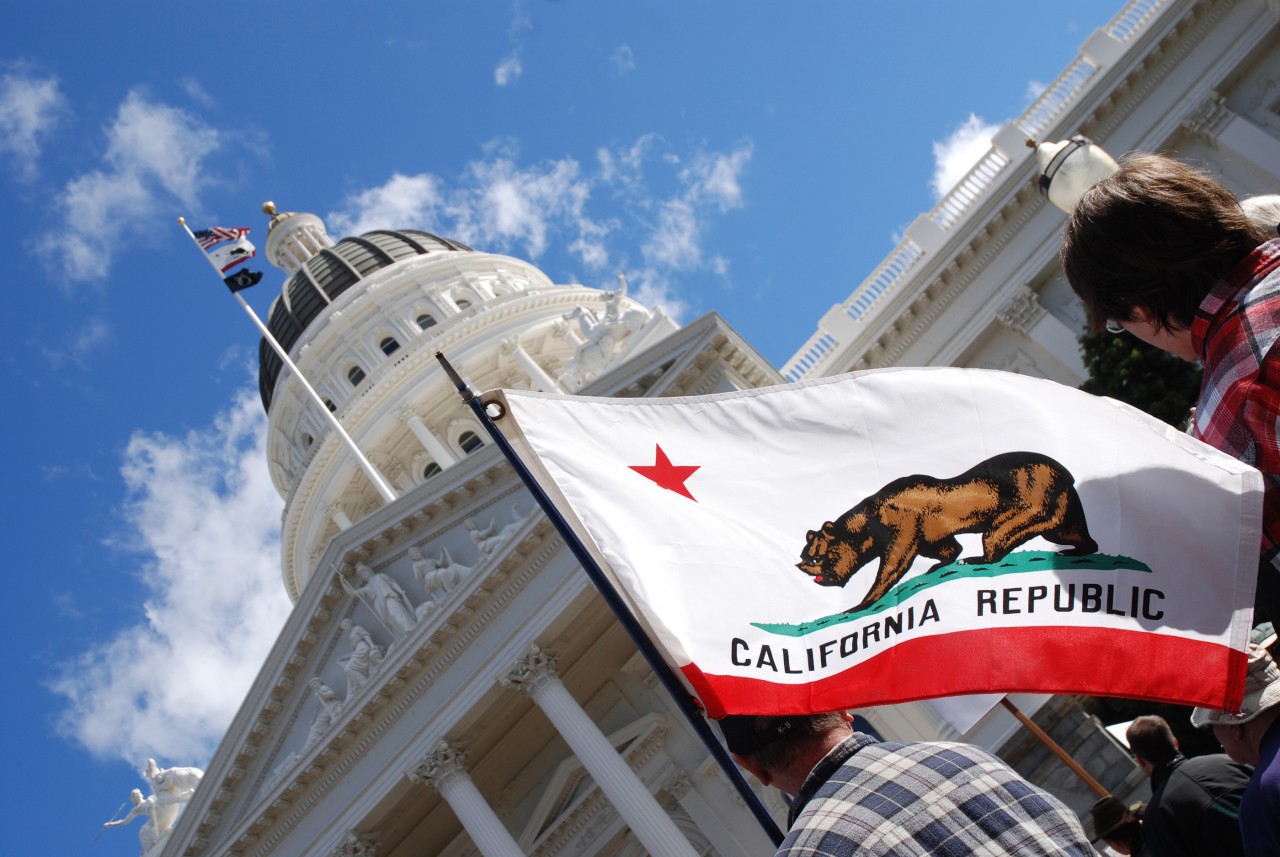SACRAMENTO, Calif. (BP)—Pro-life advocates lamented California’s barrier-breaking enactment of a law requiring its public colleges and universities to provide non-surgical abortions to students.
California Gov. Gavin Newsom signed legislation Oct. 11 that mandates student health centers of the University of California and California State University systems offer what are known as medical or chemical abortions—reportedly making the state the first with such a requirement.
Newsom took the action though a fellow Democrat and abortion-rights supporter, Jerry Brown, vetoed a nearly identical measure in 2018 in his last year in office. Newsom also rejected the recommendation of the state’s Department of Finance, which opposed the bill. The law will take effect in 2023.
Southern Baptist ethicist Russell Moore told Baptist Press the new law “does nothing to advance the cause of women’s rights. It is an egregious attempt by the state of California to prey upon young women, many of whom are in the midst of desperate situations.”
“There is nothing positive about this latest effort to further diminish the value of human life,” said Moore, president of the Ethics & Religious Liberty Commission, in written comments.
The California Family Council (CFC)—a partner organization of the California Southern Baptist Convention—worked with other pro-life organizations in the state in an effort to prevent passage of the mandate.
CFC President Jonathan Keller said the governor “has chosen the accolades of abortion activists over the safety of students.”
“Newsom ignored his own financial experts,” Keller said in a written release. “He ignored the wisdom of a two-term governor from his own party. He ignored university officials who didn’t want to bear the liability and cost of on-campus abortions.
“Sadly, it appears Governor Newsom… overruled legitimate concerns about turning America’s largest higher education system into a chemical abortion network,” Keller said.
Planned Parenthood, the country’s leading abortion provider, performed more than 332,000 of the procedures nationwide during the most recent year for which statistics are available.
Kristan Hawkins, president of Students for Life of America, said on Twitter the new law “turns life affirming health centers into abortion facilities.” In a tweet, she also warned female students “will die in their dormitory bathrooms, bleeding out alone from the abortion pill.”
California’s new law is the latest development in the growing division among states on the abortion issue. This year, New York, Rhode Island, Illinois, Maine and Vermont have enacted laws striking down restrictions and/or expanding abortion rights.
Also in 2019, Alabama has approved a measure prohibiting abortion throughout pregnancy, while Arkansas, Georgia, Kentucky, Louisiana, Mississippi, Missouri, Ohio and Utah have enacted bans beginning early in pregnancy, some at six to eight weeks.
“As other states and the federal government go backward, restricting reproductive freedom, in California we are moving forward, expanding access and reaffirming a woman’s right (to) choose,” Newsom said in a news release that accompanied his signing of the bill. “We’re removing barriers to reproductive health—increasing access on college campuses and using technology to modernize how patients interact with providers.”
Medical or chemical abortion is a two-step process. RU 486 or mifepristone, the best known abortion drug, is used as the first part. It causes the lining of the uterus to release the embryonic child, resulting in his or her death. A second drug, misoprostol, is taken one or two days after mifepristone and causes the uterus to contract, expelling the dead child.
The process is riskier to a woman’s health than surgical abortion—though surgical methods have resulted in death and injury for some women—and potentially traumatic when she delivers the body of her dead baby, pro-life physicians and others say.
In vetoing the legislation last year, Brown said it was unnecessary because “the services required by this bill are widely available off-campus.” A study sponsored by the bill’s supporters showed “the average distance to abortion providers in campus communities varies from five to seven miles, not an unreasonable distance,” he said.
Newsom, then the lieutenant governor, said at the time he would have signed the bill into law.
The Department of Finance, which gave multiple reasons for its opposition to the legislation, expressed its concern the Reproductive Health Fund established by the law would not raise enough private money to cover all costs, thereby requiring ongoing, state funds.





